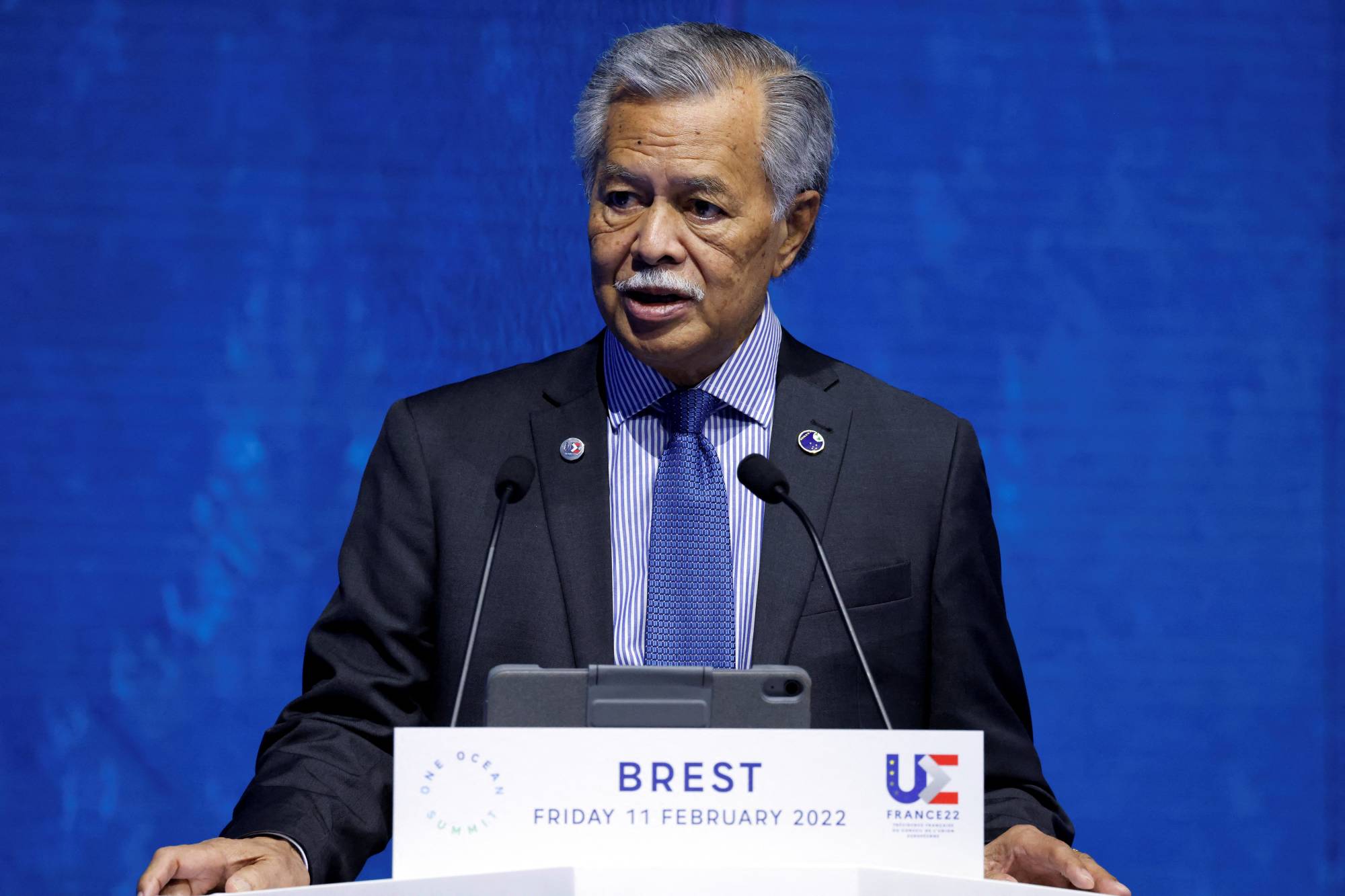The island nation of Kiribati has withdrawn from the Pacific Island Forum (PIF) over a leadership dispute and what it described as “reluctance” by the regional intergovernmental organization to address concerns by Micronesian countries.
The decision, which is likely to deal a blow to Pacific regional unity, came ahead of a four-day PIF leaders' meeting in Fiji’s capital, Suva, where the now 17-member body began talks on Monday on several important issues, including climate change, economic challenges and Beijing’s push for closer economic and security ties.
Kiribati is one of five Micronesian countries that had announced their intention to leave the forum after losing a controversial vote in February 2021 that resulted in a Polynesian, former Cook Islands Prime Minister Henry Puna, assuming the key post of PIF secretary-general.

















With your current subscription plan you can comment on stories. However, before writing your first comment, please create a display name in the Profile section of your subscriber account page.